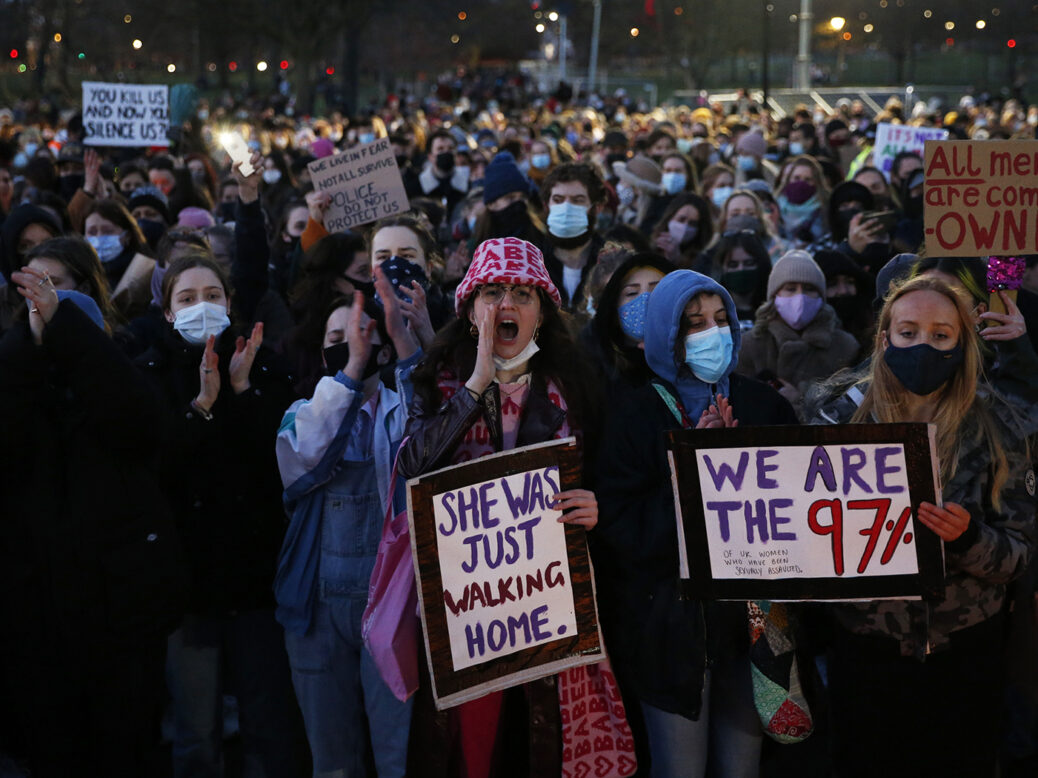
Fear, and what to do with it. A BBC documentary got me thinking: do our fears reflect our experience? When is it useful to bond over shared fear? When is it counterproductive?
Night Watch, a catalogue of women’s experiences of walking at night, opens with a female voice: “I usually wear trainers and a rucksack, so that I’m prepared to run.” A poet reels off the now-hackneyed advice (a cliché even in poetry): “Yell ‘fire’ not ‘help’”, “Ponytails are more easily grabbed”. Another woman asks: “Is this man a threat? Is he going to sexually assault me?” This last voice belongs to the writer Rebecca Solnit, but you might not know it. The voices overlap to create the sense that all women share such thoughts. As the episode blurb announces: “In these raw and unfiltered accounts women will hear their own experiences echoed back in others’ words.” Will.
One woman describes being stalked. “Nothing bad happened in itself – it was just the feeling of feeling threatened. Feeling unsafe. Feeling intimidated.” Another explains: “It’s like being on a drug – but it’s just fear. The drug is fear.”
The shadow of Sarah Everard’s murderer looms menacingly over this programme, as does the more general image of the male stranger waiting in a dark alley. This is a show about feelings, and so the relative rarity of this kind of violence is not discussed – maybe some would find mention of that context dismissive. But when does “I’m scared, too” tip into “You should be scared”? When we hear of women’s fear so often, does it become another oppressive force in women’s lives?
Still, we are offered many valuable perspectives. The architect Jos Boys, a co-founder of the feminist design collective Matrix, reflects on public space. Alice Jackson, co-founder of a helpline for women walking alone at night, speaks of her experience on calls. “Sometimes you’ll end a call that was really emotionally intense… and then you’ll hang up,” she says. “You’ll just be sitting on your sofa, the telly will be paused, and there’ll be silence. And then the phone will ring again.”
Night Watch
BBC Radio 4, aired 13 January; now on catch-up
[see also: The BBC’s children’s programming is a lifeline – losing it would be a tragedy]
This article appears in the 26 Jan 2022 issue of the New Statesman, The Light that Failed






